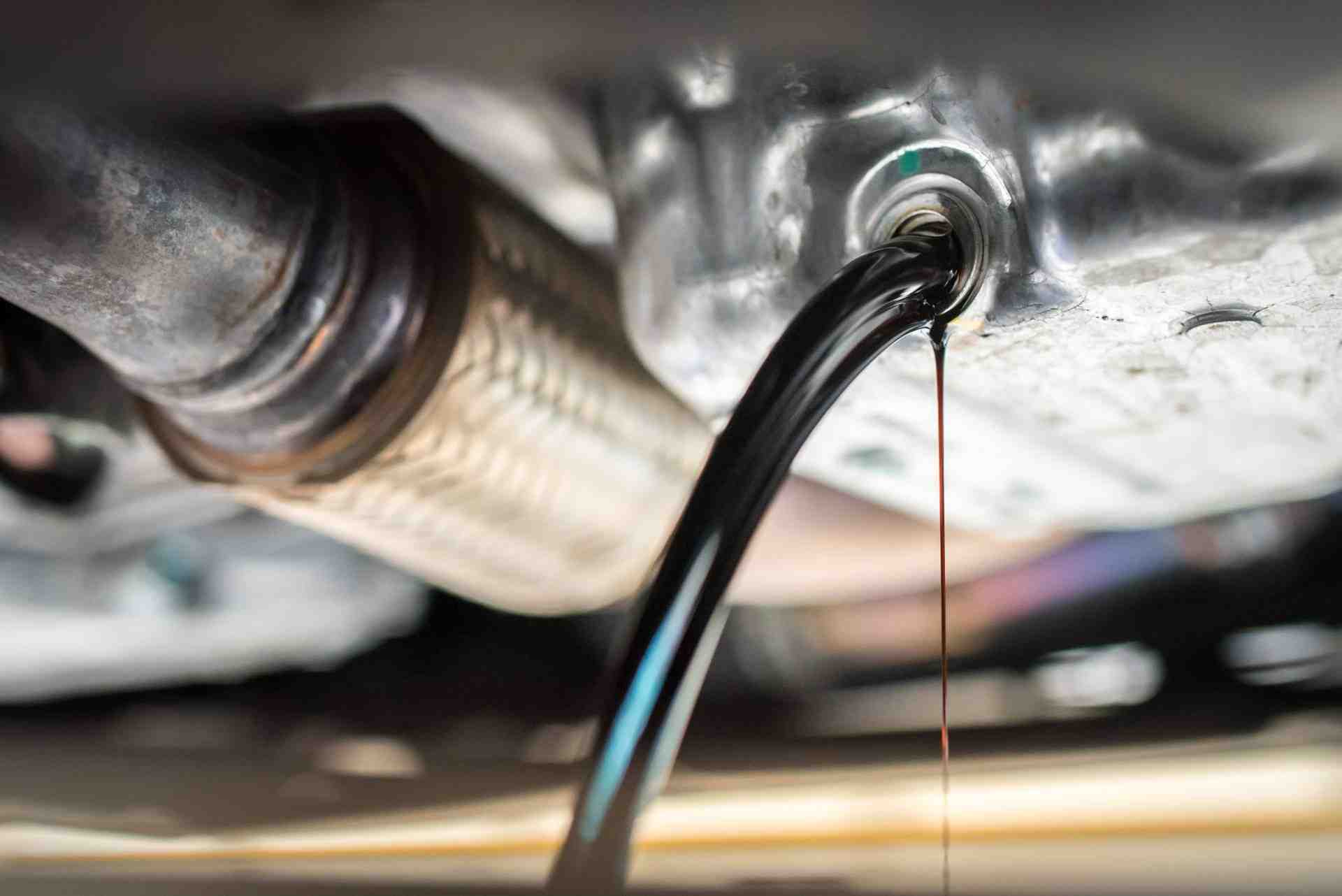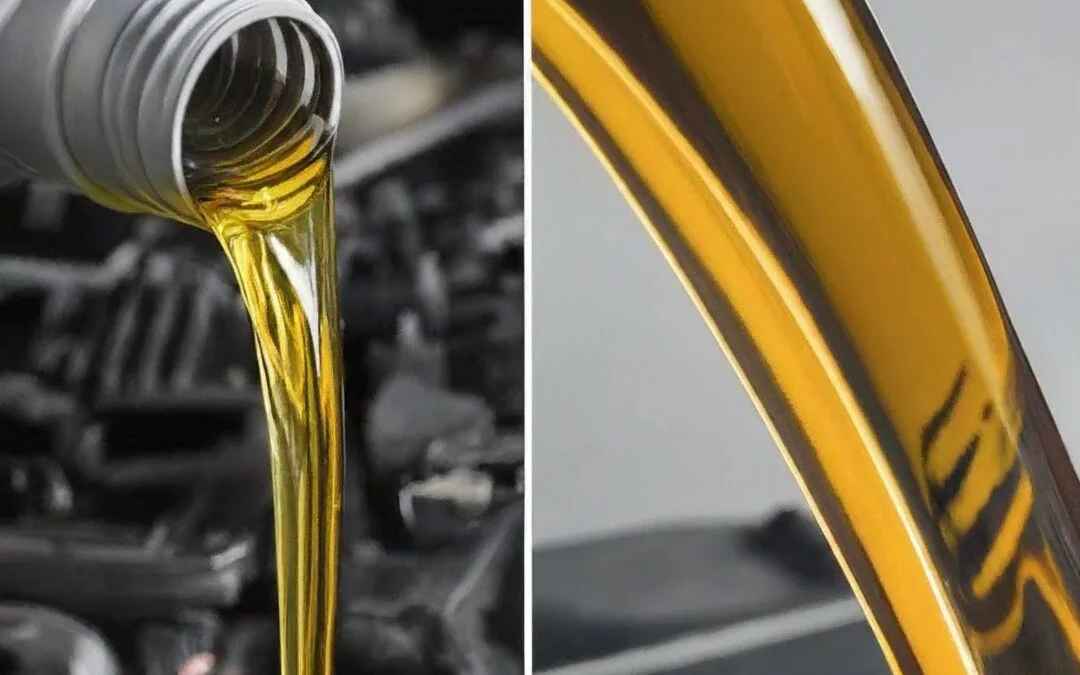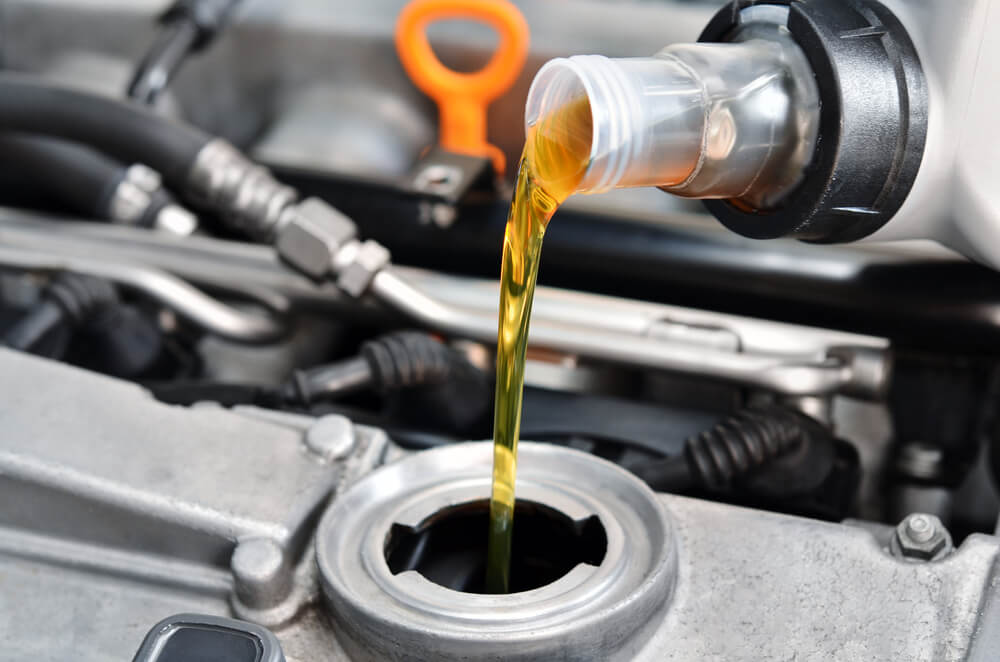Title: “What Happens to Used Motor Oil“?
Introduction:
Have you ever wondered what happens to that essential, viscous fluid that keeps your car’s engine running smoothly? Used motor oil, often overlooked and discarded without a second thought, has a journey of its own once it’s drained from your vehicle’s engine. Beyond its role in providing lubrication and heat dissipation, used motor oil can have a significant environmental impact if not handled responsibly. In this blog, we’ll explore the fascinating journey of used motor oil, from its crucial role in your engine to its afterlife through recycling and responsible disposal methods. Join us on this exploration to understand the importance of ensuring that your engine’s lifeblood doesn’t harm our planet.
Recycling Used Motor Oil: A Greener Path Forward
Used motor oil, often tainted with contaminants and impurities after its stint in your vehicle’s engine, might seem like a troublesome waste product. However, it holds a tremendous potential for environmental conservation and resource preservation when recycled responsibly. In this section, we’ll delve into the process of recycling used motor oil, its significant benefits, and how you can contribute to a greener future.
The Importance of Recycling
1. Environmental Benefits
Recycling used motor oil is an environmentally responsible practice that brings a host of benefits. First and foremost, it helps prevent the pollution of our ecosystems. Improper disposal of motor oil, such as pouring it down drains or onto the ground, can contaminate water sources, harm aquatic life, and damage soil quality. When recycled, this hazardous substance is safely contained and processed, reducing the risk of environmental harm.
2. Conservation of Resources
Motor oil is a non-renewable resource. By recycling used oil, we can extend its lifespan and reduce the need for virgin oil production. In fact, the re-refining process can recover up to 85% of the oil’s original properties, making it almost as good as new. This not only conserves valuable crude oil but also reduces energy consumption and greenhouse gas emissions associated with oil refining.
The Recycling Process
1. Collection and Filtration
The journey of used motor oil towards recycling begins with its collection. Many automotive service centers and recycling facilities provide collection points where individuals can drop off their used oil. Once collected, the oil goes through a thorough filtration process to remove impurities, such as dirt, metal particles, and additives.
2. Re-Refining
After filtration, the oil undergoes a re-refining process, which aims to restore its base oil properties. This involves vacuum distillation, hydro-treating, and the removal of undesirable elements like sulfur and heavy metals. The result is a high-quality base oil that can be used as a lubricant again.
3. Creating New Products
Recycled base oil isn’t the end of the story. It can be blended with fresh additives to create engine oils and lubricants with performance characteristics similar to those made from virgin oil. Additionally, recycled motor oil can find applications in various industrial processes, such as metalworking and asphalt production.
Find below video for recycling process
Your Role in Recycling Used Motor Oil
As an environmentally conscious individual, you can actively participate in the recycling of used motor oil:
1. Proper Disposal
When changing your vehicle’s oil, always use designated collection containers and never pour it onto the ground or into drains. Many auto parts stores, service stations, and recycling centers accept used oil for free or a nominal fee.
2. Support Recycling Programs
Support initiatives and organizations dedicated to recycling used motor oil. Encourage friends and family to do the same, raising awareness about the importance of recycling.
3. Use Recycled Products
Opt for engine oils and lubricants that contain recycled base oil. These products not only perform well but also contribute to reducing the environmental footprint.
Unlocking the Potential: Alternative Uses for Used Motor Oil
While used motor oil might appear to have reached the end of its useful life once it’s drained from your engine, it actually has several alternative uses that can extend its utility and reduce its environmental impact. In this section, we’ll explore the creative ways in which used motor oil can find new purposes, contributing to sustainability and resource conservation.
1. Asphalt Production
One of the most common alternative uses for used motor oil is in asphalt production. When added to asphalt mixtures, it enhances the durability and flexibility of road surfaces. This practice, known as “asphalt rejuvenation,” not only extends the lifespan of roads but also reduces the need for fresh asphalt production, conserving valuable resources and reducing the carbon footprint associated with road construction.
2. Industrial Burners
Used motor oil can serve as a fuel source for industrial burners, commonly found in facilities like manufacturing plants, cement kilns, and power plants. By substituting used oil for virgin fuel, industries can reduce their reliance on fossil fuels, lower energy costs, and decrease greenhouse gas emissions. Properly treated and filtered, used motor oil can be a viable and sustainable fuel option.
3. Rust Prevention
Another innovative application for used motor oil is rust prevention. The oil’s viscosity and protective properties make it effective at inhibiting corrosion on metal surfaces. Many DIY enthusiasts and mechanics use used motor oil to coat tools, garden equipment, and metal surfaces prone to rusting. This not only extends the life of these items but also reduces waste.
4. Wood Preservative
Used motor oil can be utilized as a wood preservative for outdoor structures like fences, wooden decks, and garden furniture. When applied to wood, it helps repel moisture and insects, extending the lifespan of wooden structures and reducing the need for frequent replacements or chemical treatments.
5. Heating Oil
In some regions, used motor oil is collected, processed, and repurposed as heating oil. With the right equipment and filtration, it can serve as a cost-effective heating source for homes and businesses. This practice reduces the demand for conventional heating oil and can lead to significant energy savings.
Limitations and Precautions
While there are innovative and eco-friendly alternative uses for used motor oil, it’s essential to exercise caution and follow safety guidelines:
- Filtering and Treatment: Used motor oil should be properly filtered and treated to remove contaminants and impurities before use in any application.
- Local Regulations: Check local regulations and guidelines regarding the alternative uses of used motor oil, as they can vary from one region to another.
- Safety First: Handle used motor oil with care, wearing appropriate protective gear and following safety protocols to prevent accidents and health hazards.
Conclusion :
Used motor oil doesn’t have to be a burden on the environment or waste disposal systems. By exploring alternative uses like asphalt production, industrial burning, rust prevention, wood preservation, and heating oil, we can reduce waste, conserve resources, and contribute to a more sustainable and environmentally friendly future. Remember to prioritize safety and follow best practices when considering these alternative applications for used motor oil.
Useful links:
https://www.greengaragenetwork.com/what-happens-to-your-old-engine-oil/
Frequently Asked Questions (FAQ) About What Happens to Used Motor Oil
1. What exactly is used motor oil, and why is it important to manage it properly?
Used motor oil is the lubricant that keeps your vehicle’s engine running smoothly. It becomes contaminated with impurities and loses its effectiveness over time. Proper management is crucial because if not handled correctly, it can harm the environment and waste valuable resources.
2. What are the environmental risks associated with improper disposal of used motor oil?
Improper disposal can lead to groundwater contamination, soil pollution, and harm to aquatic life. Used oil contains harmful chemicals and heavy metals that can have long-lasting adverse effects on ecosystems.
3. How can I dispose of used motor oil responsibly?
You can dispose of used motor oil responsibly by taking it to designated collection centers or recycling facilities. Many auto parts stores, service stations, and local government programs offer collection points for used oil.
4. What is the process of recycling used motor oil?
Recycling used motor oil involves several steps, including filtration to remove impurities, re-refining to restore its base oil properties, and blending with fresh additives to create new lubricants. The result is high-quality recycled oil that can be used in various applications.
5. Can used motor oil be reused in my vehicle?
Generally, it’s not advisable to reuse used motor oil in your vehicle because it has already lost some of its lubricating properties. Recycling and re-refining are the best ways to ensure its safe and effective reuse.
6. Are there any alternative uses for used motor oil?
Yes, there are alternative uses for used motor oil, such as in asphalt production, industrial burners, rust prevention, wood preservation, and even as a heating fuel in some cases. However, it’s crucial to follow safety guidelines and regulations when considering these alternatives.
7. Does recycling used motor oil help reduce the environmental impact of oil consumption? Yes, recycling used motor oil significantly reduces the environmental impact. It conserves valuable resources, reduces the need for new oil production, and minimizes pollution and greenhouse gas emissions associated with oil refining.





Leave a Reply